Yesterday, AP quoted Fijian Prime Minister Sitiveni Rabuka as saying on June 7 that the country is reviewing a security cooperation agreement on allowing Chinese police to be stationed in Fiji. Speaking at a joint press conference with New Zealand's Prime Minister in Wellington, Prime Minister Rabuka even hinted at suspending the agreement.
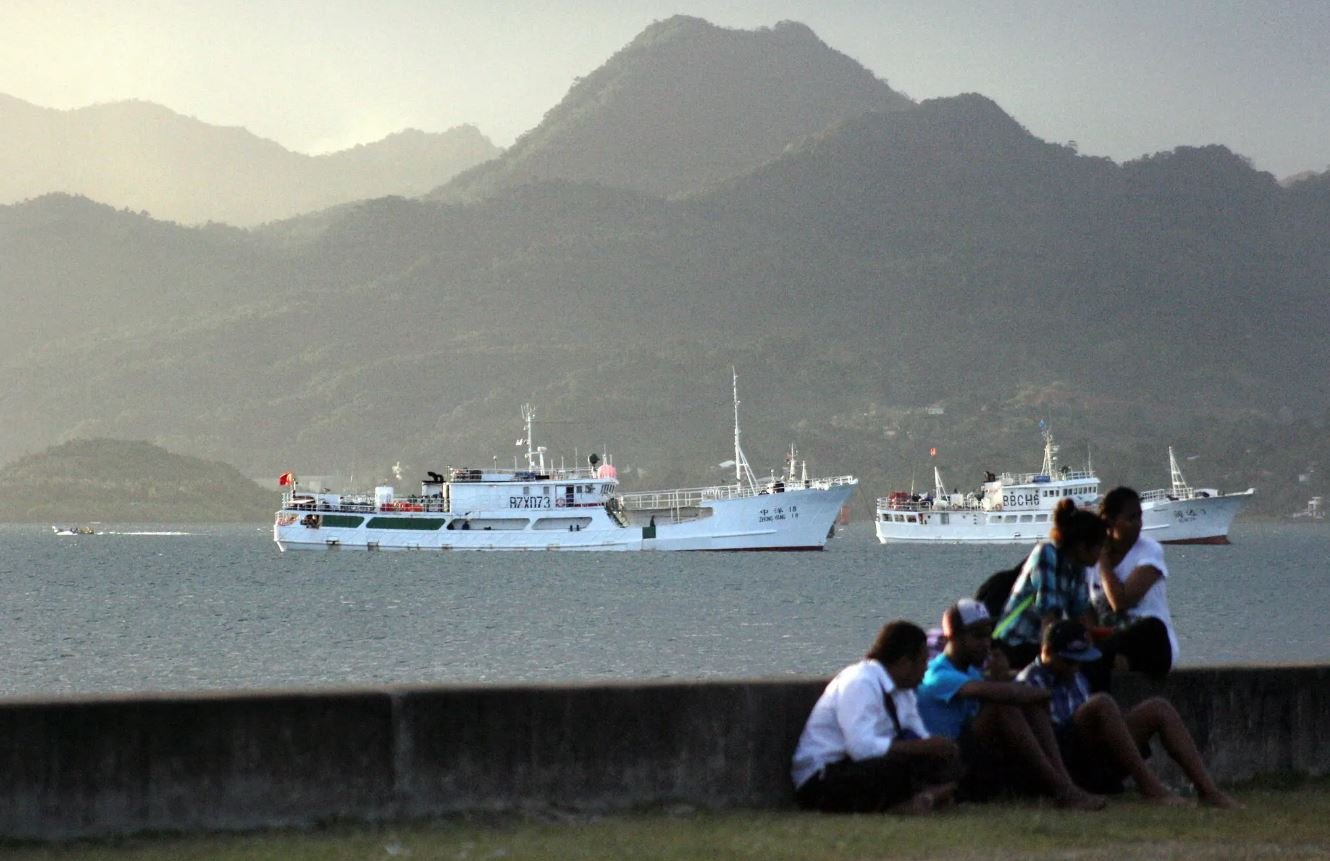
Chinese ship anchored near shore in Fiji
Signed in 2011 and an important achievement of China in expanding its influence in the South Pacific islands, the above agreement has caused much controversy within Fiji itself. In recent times, the US has also reached a number of agreements to strengthen cooperation with countries in the region, but has gradually encountered many challenges due to fierce competition from the US and its allies. Therefore, if Fiji suspends the above agreement, it will be a major challenge for China in the region known as the "outpost" of the Pacific.
From the US-China competition
Responding to Thanh Nien on June 8, former US Navy Colonel Carl O. Schuster (former Director of Operations of the Joint Intelligence Center - Pacific Command of the US Navy and currently teaching at Hawaii Pacific University) assessed: "In the past 5 years, the US and China have had a strategic competition in the South Pacific archipelagos. Before 2017, the US lacked to strengthen relations with countries in this region, so China had the conditions to expand its influence here. In particular, the Solomon Islands signed security agreements with China. Later, the US realized its mistake and began to make efforts to compete."
“The US recognizes that China is not only gaining security relationships and access to those countries, but is also building airfields, ports and other infrastructure that can also be used for military purposes. China’s bases in the South Pacific could complicate US military operations in the Western Pacific, while allowing the Chinese navy and air force to operate outside the first island chain,” Schuster analyzed.
In fact, recently, the US has gradually reached a number of agreements and increased cooperation with countries in this region.
To the coordination of the "Quad" and India's role enhancement
Also responding to Thanh Nien on June 8, Dr. Satoru Nagao (Hudson Institute, USA) commented that Fiji's above decision could be a very important step for security in the Indo-Pacific for the following reasons.
First, as China has been successful in the South Pacific, Fiji's decision is an important step for the "Quad" (US-Japan-Australia-India) to counterattack. China has recently expanded its influence in the South Pacific. China has agreed to security agreements with some island nations in this region such as the Solomon Islands. Therefore, the "Quad" has intensified its competition. For example, when Tonga faced a recent volcanic disaster, the US-Australia-Japan sent rescue ships to Tonga even though Tonga is far from their country. And when Fiji and Papua New Guinea (PNG) needed Covid-19 vaccines, India provided funding. During US Secretary of State Antony Blinken's recent visit to PNG, the two sides signed a defense cooperation agreement with PNG. The Indo-Pacific Economic Framework also includes Fiji.
China has spent years expanding its influence in the South Pacific, aiming to reduce support for Taiwan in the islands and fill the void left by the West. Beijing has, for example, reached an agreement to allow Chinese police to be stationed in Fiji. But recently, deepening divisions between China and the West, and concerns about Chinese influence through cooperation initiatives, have led Fiji to reconsider its agreements with Beijing.
Island nations like Fiji need to balance domestic public opinion with geopolitical tensions surrounding China, but they cannot avoid all forms of cooperation with China. Rather than rejecting all cooperation with China, Fiji and other island nations need to increase transparency around their activities and ensure that all activities comply with domestic laws.
Professor Stephen Robert Nagy (International Christian University - Japan, scholar at the Japan Institute of International Affairs)
Second, the new developments surrounding Fiji’s decision could impact the situation in the Taiwan Strait. Beijing has recently been persuading South Pacific countries to change their diplomatic stance towards Taiwan. Solomon Islands and Kiribati have ended formal diplomatic relations with Taipei and established relations with Beijing. This is a region where many countries have formal relations with Taiwan. If Taiwan loses formal diplomatic relations with other countries, then China’s use of force to unify Taiwan will become an internal issue, not an international issue.
Third, the recent developments in Fiji are the first case of India influencing the views of the South Pacific countries. Australia is the most influential country in the “Quad” group in this region. But China’s recent successful expansion of its influence shows that Australia’s influence is not enough. Therefore, the US and Japan have made more efforts but still not enough.
Recently, US President Joe Biden was scheduled to visit PNG. This was supposed to be a historic visit by a US President to the South Pacific islands. But in the end, the visit was canceled (only Secretary of State Blinken visited PNG) because Mr. Biden had to prioritize his political agenda in the US. However, Indian Prime Minister Narendra Modi visited PNG. For PNG, Mr. Modi's visit saved the face of its leader. Therefore, India's influence is growing.
Since 2014, India has been hosting the India-Pacific Islands Cooperation Forum Summit and expanding its influence there. In 2021, India donated several vaccines to Fiji and PNG. Now Fiji is changing its mind for India. Half of Fiji’s population is of Indian origin. So India has influence through its connections.
Dr. Nagao affirmed: In the current context, India's showing its influence in the South Pacific is a welcome move for other members of the "Quad".
Source link



![[Photo] Prime Minister Pham Minh Chinh chairs the Government's special meeting on law-making in April](https://vstatic.vietnam.vn/vietnam/resource/IMAGE/2025/4/13/8b2071d47adc4c22ac3a9534d12ddc17)


![[Photo] National Assembly Chairman Tran Thanh Man attends the Policy Forum on Science, Technology, Innovation and Digital Transformation](https://vstatic.vietnam.vn/vietnam/resource/IMAGE/2025/4/13/c0aec4d2b3ee45adb4c2a769796be1fd)
![[Photo] National Assembly Chairman Tran Thanh Man attends the ceremony to celebrate the 1015th anniversary of King Ly Thai To's coronation](https://vstatic.vietnam.vn/vietnam/resource/IMAGE/2025/4/13/6d642c7b8ab34ccc8c769a9ebc02346b)
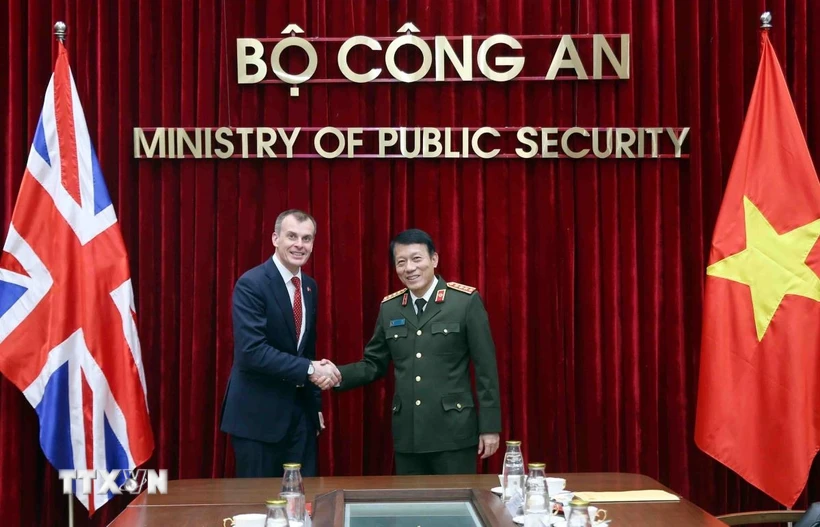







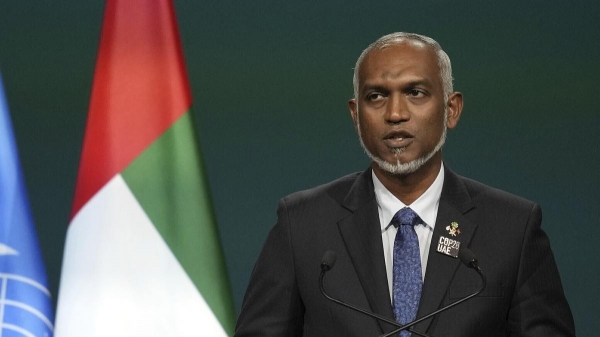
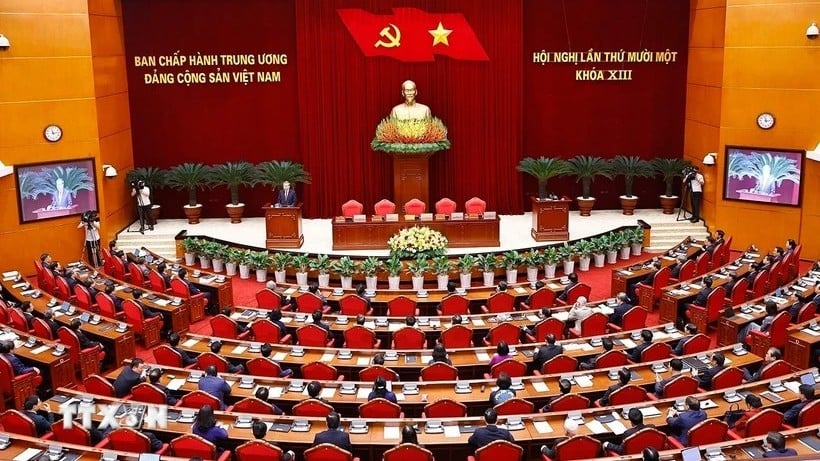














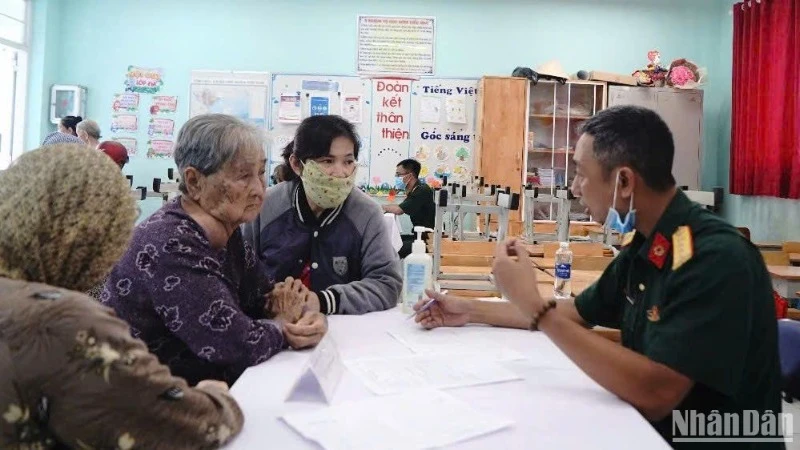






























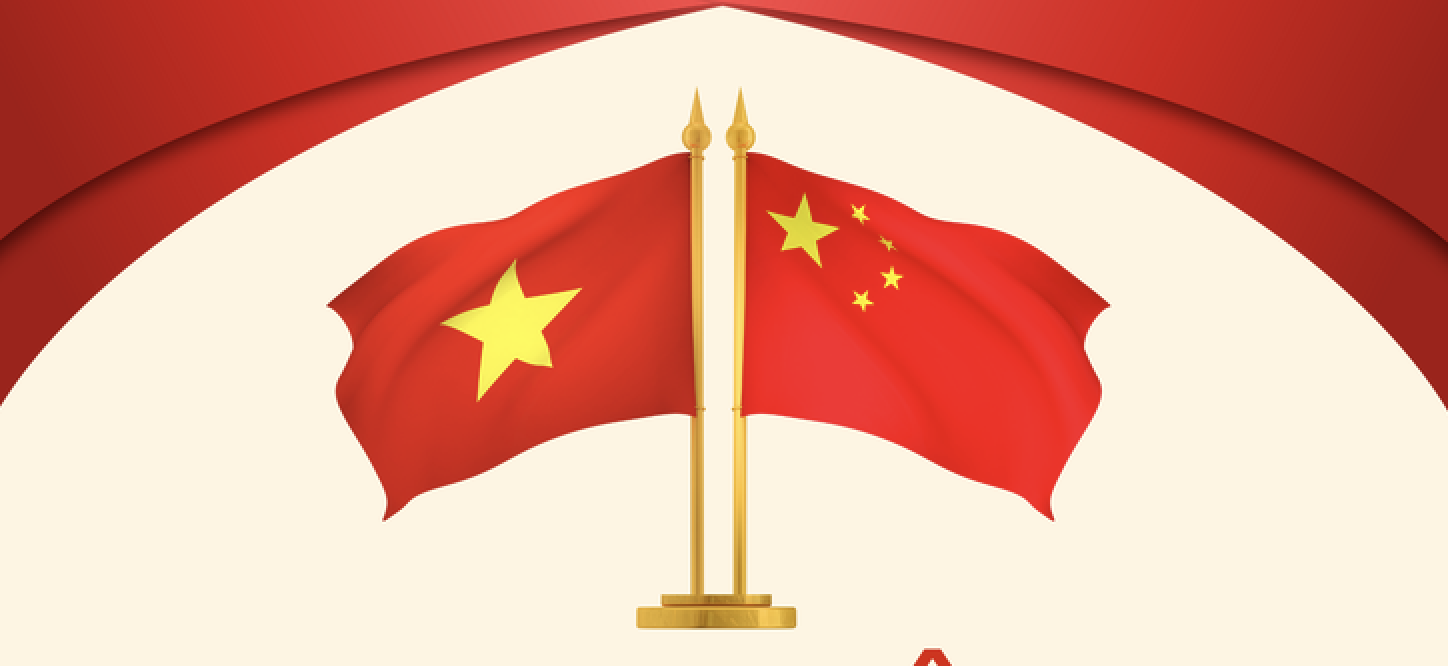
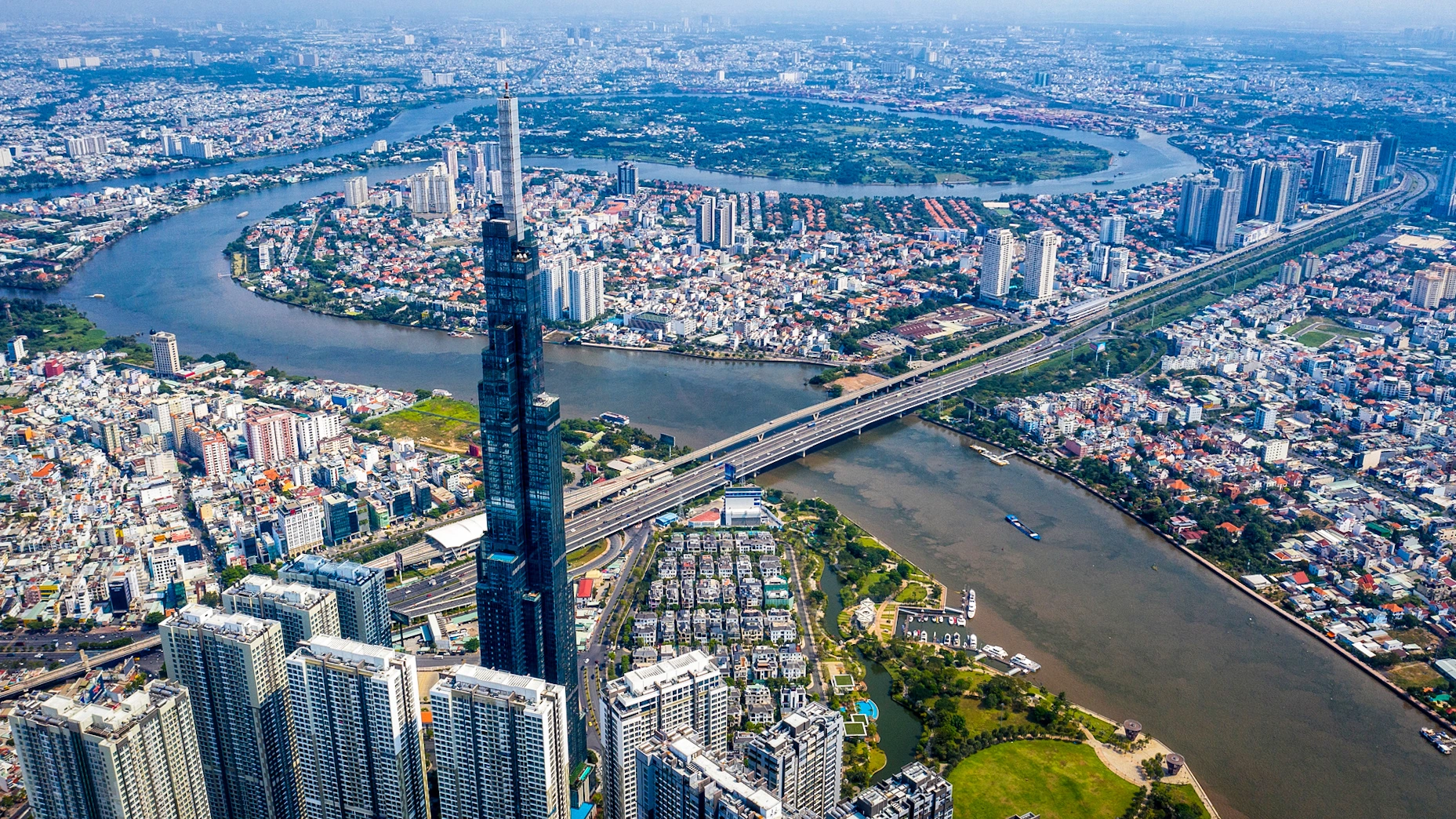



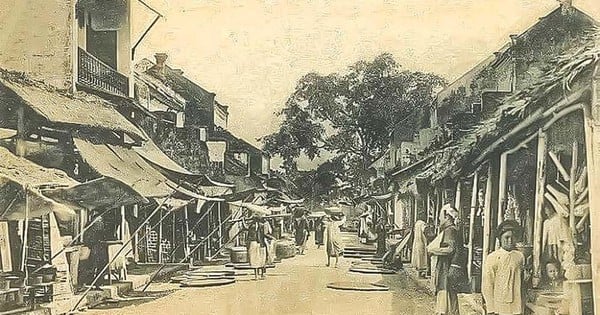

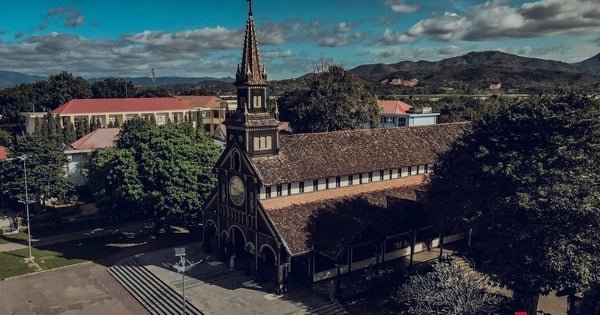








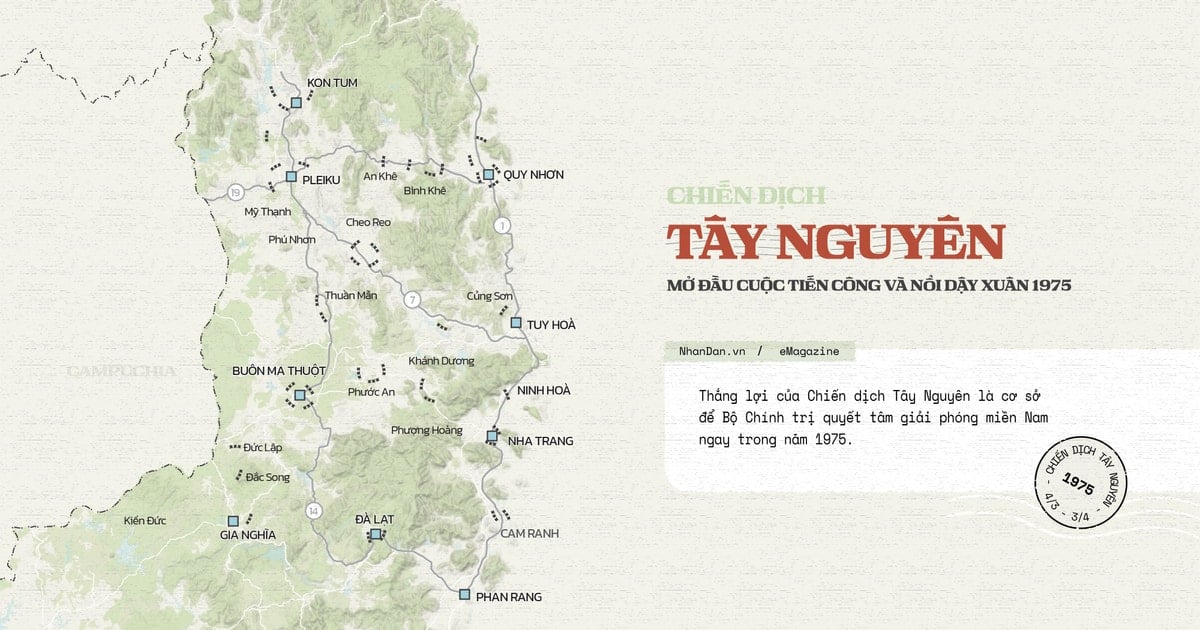
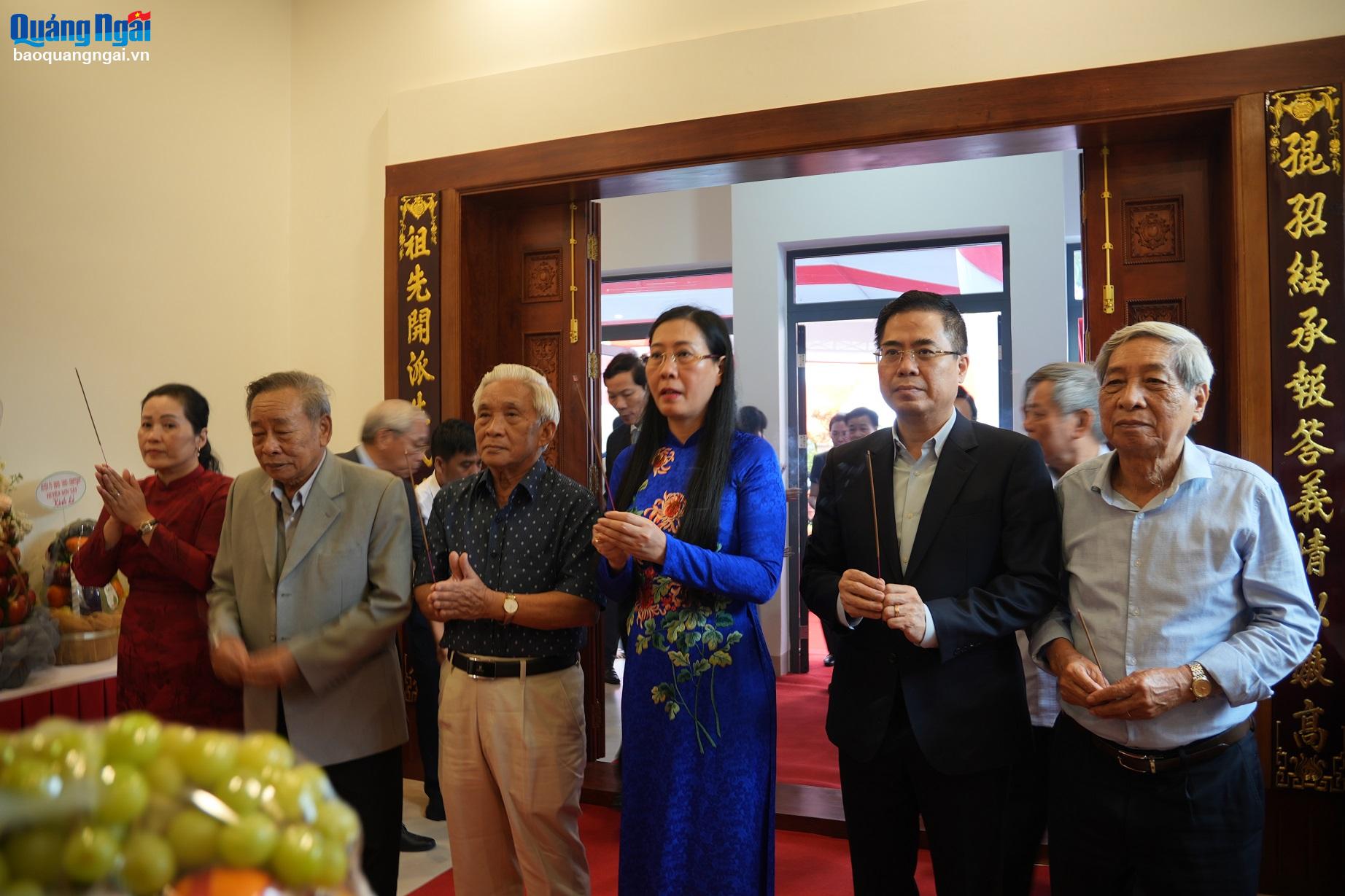
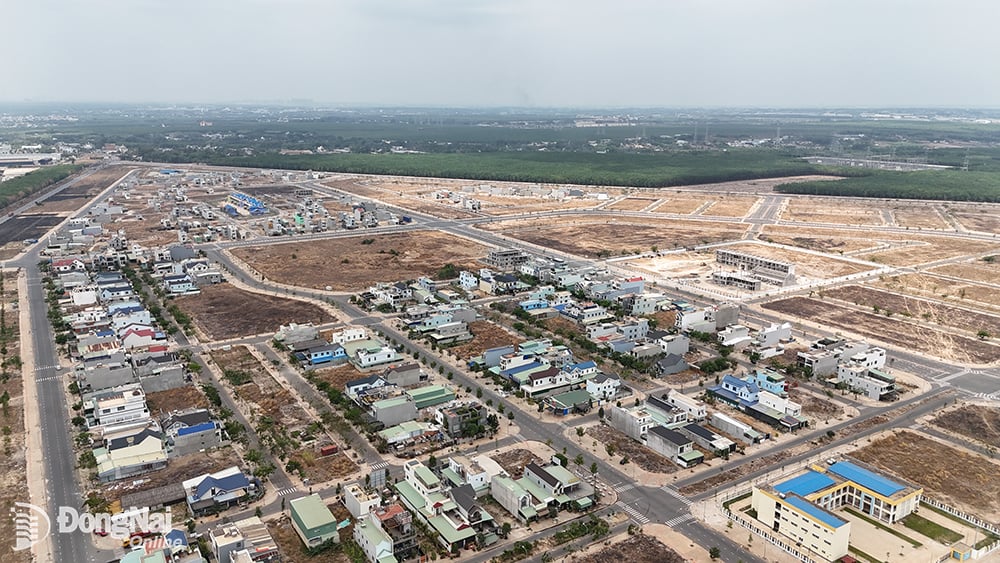

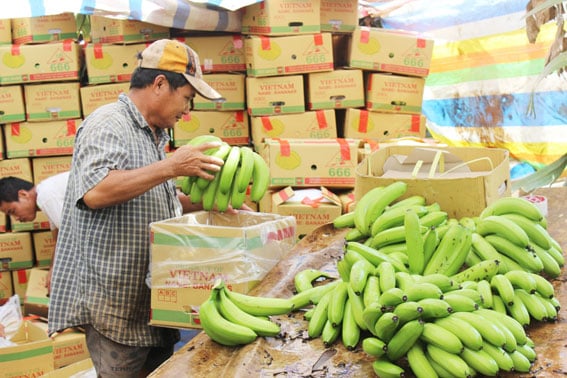











Comment (0)